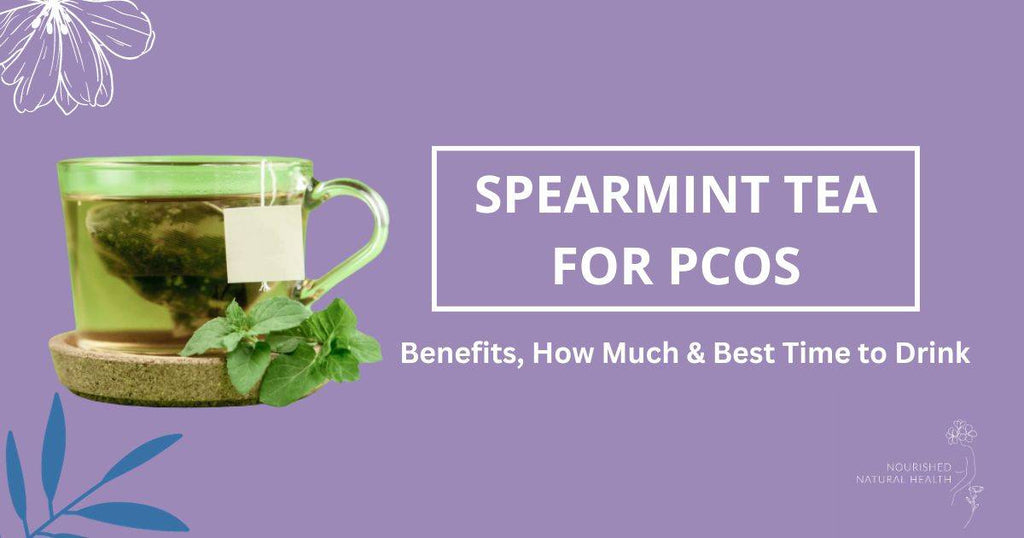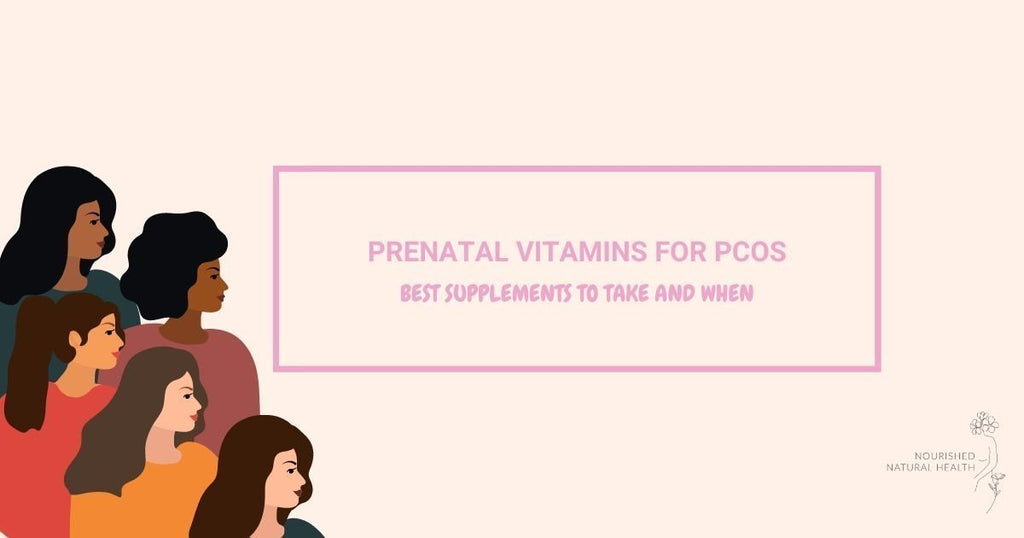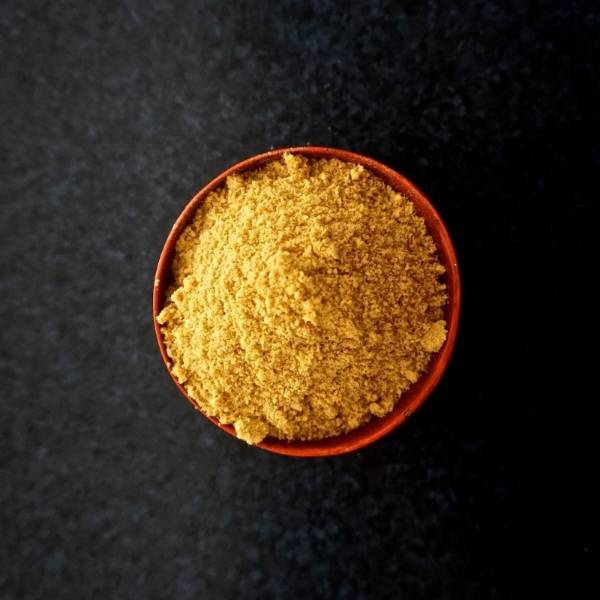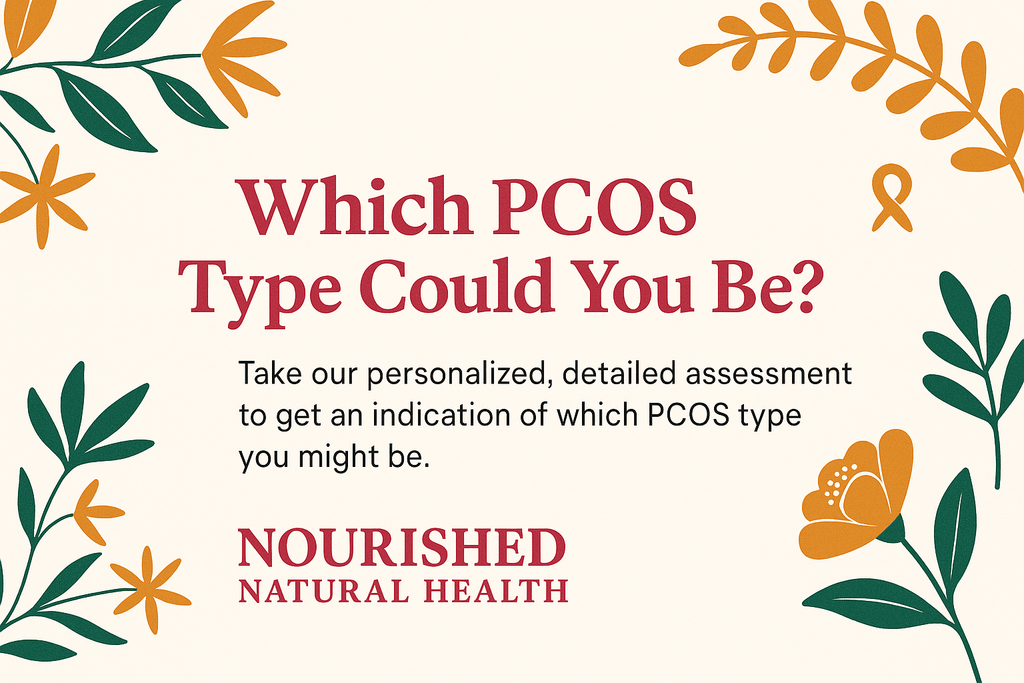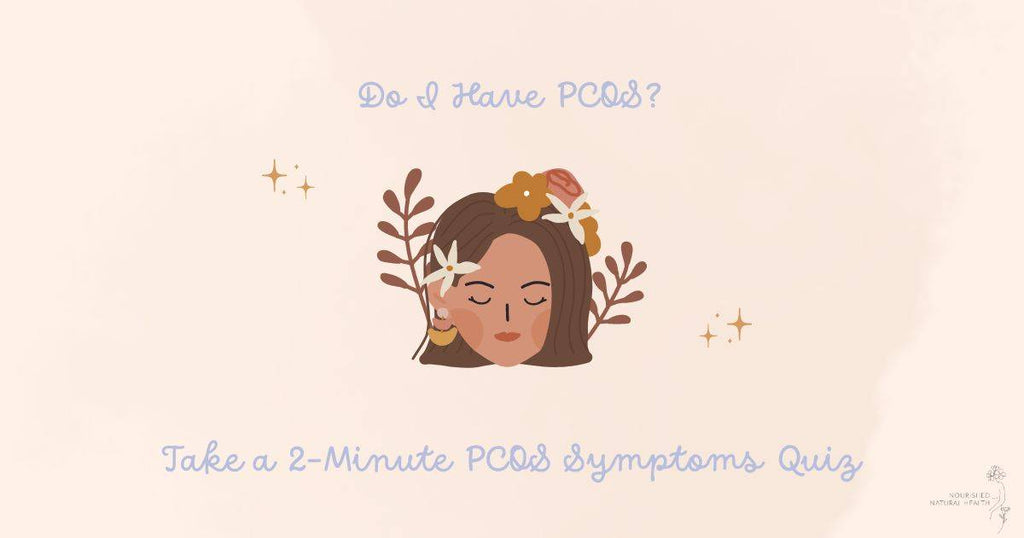9 Evidence-Based PCOS Superfoods Shown To Reduce Symptoms Naturally

About PCOS Superfoods
Once you get the hang of your PCOS Repair breakfast and are motivated to further diminish your PCOS symptoms, explore the additional dietary suggestions below.
Many women with PCOS have been advised for years that weight loss is key to managing their condition.
This often leads to long periods of following restrictive diets, eliminating various foods, and experiencing feelings of deprivation.
My approach to handling your PCOS takes a different path.
" Instead of focussing on things to go without, I want you to focus on all of the incredibly helpful things you can add in."
Shifting your mindset from focusing on what you can't have to what you can abundantly enjoy is a powerful tool in maintaining the lifestyle changes discussed in the rest of this book.
By increasing your intake of PCOS-friendly foods, you'll not only repair your relationship with food but also naturally reduce your consumption of less beneficial items without feeling deprived.
My primary aim for you is to liberate you from your PCOS symptoms and help you thrive, but I also want you to enjoy the journey!
In my 14 Day PCOS Fast Start Challenge, I delve deeper into each of these foods, offering fun tips and tricks to incorporate them into your diet.
The list that follows isn't a strict regimen of must-eat foods for PCOS healing.
Rather, it's a guide to nutritious options you might consider adding to your current diet to enhance your results.
These foods are beneficial regardless of the type of PCOS you have.
SPOTLIGHT: Jaime’s PCOS food story - losing weight whilst feeling full and satisfied
PCOS Superfood #1: Flax Seeds
Flax seeds are rich in lignan, a compound known to reduce the enzyme 5-alphareductase – that converts testosterone into its more potent form, DHT, as noted by Zhang in a 2008 study.
Research, like the study by Nowak in 2007, indicates that incorporating flaxseeds into your daily diet can effectively help maintain healthy levels of androgens.
It's best to consume flax seeds in ground form because their fibrous husks are tough to digest. You can grind whole seeds using a coffee or spice grinder, or opt for pre-ground flax seeds, which should be stored in the fridge.
I recommend adding one to two tablespoons of ground flax seeds to your diet each day. If you're new to flax seeds or don't usually eat much fiber, start with about half a tablespoon daily and gradually increase to two tablespoons to avoid digestive issues.
A great way to enjoy ground flax seeds is by mixing a generous scoop into my morning PCOS Repair Chocolate Thickshake. You can find this recipe in the PCOS-Friendly Food Formula bonus resource.
PCOS Superfood #2: Brazil nuts
Brazil nuts, often overlooked, are a fantastic natural source of selenium, which is crucial for thyroid support.
The thyroid gland contains the highest amount of selenium in the body and needs adequate levels for maintaining thyroid hormone balance.
Studies, like the one by Ulrich in 2018, indicate that women with PCOS are three times more likely to have thyroid disorders such as Hashimoto’s thyroiditis.
Thyroid hormone imbalances can exacerbate PCOS symptoms, disrupt regular ovulation, lead to weight gain, infertility, and worsen insulin resistance, as Singla noted in 2015.
You only need two to three Brazil nuts each day to fulfill your selenium requirement. It's important to limit your intake because consuming more can lead to selenium toxicity.
Eating a couple of Brazil nuts daily is an easy and effective way to support your thyroid health, and it's safe even if you already have thyroid issues.
PCOS Superfood #3: Apple Cider Vinegar
Apple cider vinegar has been found to lower fasting blood sugar levels and enhance insulin sensitivity, as noted in a study by Hadi in 2021.
Additionally, it aids in appetite stimulation and supports healthy weight loss by positively affecting gut bacteria, as Urtasan's 2020 research suggests.
It's particularly beneficial if you often feel nauseous or lack an appetite in the morning.
I personally begin my day with a tablespoon of apple cider vinegar in a small glass of water about ten minutes before breakfast, which I find helpful in increasing my appetite and improving digestion.
If you're new to using apple cider vinegar, start with a teaspoon and gradually increase to a tablespoon.
Should you experience any heartburn or digestive discomfort, adjust the amount until you find a dosage that works well for you.
PCOS Superfood #4: Green tea
Green tea has been demonstrated to aid in managing PCOS symptoms by enhancing glucose metabolism and promoting healthy weight loss, as found in a study by Maleki in 2021.
Additionally, similar to spearmint tea, green tea possesses properties that can lower androgen levels, as indicated in Tehrani's research in 2017.
For optimal benefits, especially if you have Adrenal PCOS or are sensitive to caffeine, choosing decaffeinated green tea is advisable.
This is because certain types of PCOS can improve with reduced caffeine intake.
PCOS Superfood #5: Cinnamon
Cinnamon is renowned for its ability to naturally enhance insulin sensitivity.
In a 2007 study, women with PCOS were given cinnamon or a placebo every day for eight weeks.
The study, conducted by Wang in 2007, found that those who took cinnamon experienced a significant decrease in insulin resistance, unlike the placebo group.
Further, a 2021 study by Heshmati discovered that cinnamon notably improved HOMA-IR scores, a reliable indicator of insulin levels, without causing any adverse effects.
Incorporating as little as two teaspoons of ground cinnamon into your daily diet can boost insulin sensitivity, which is a primary issue in around 80% of PCOS cases.
Cinnamon can be easily added to your diet; try sprinkling it on your breakfast, blending it into a smoothie, including it in homemade protein balls, or baking it with pumpkin or sweet potato.
PCOS Superfood #6: Turmeric
PCOS Superfood #7: Fermented foods
PCOS Superfood #8: Oily fish
PCOS Superfood #9: Berries
ACTION STEP
About The Author - Tamika Woods

Related Products
Quizzes & Calculators For Your Hormones
Learn About PCOS & Hormonal Health
Hormone Healing Recipes
References used for this article
ian Syndrome: A Case Study. Curr Top Nutraceutical Res. 2007;5(4):177-181.
Ulrich J, Goerges J, Keck C, Müller-Wieland D, Diederich S, Janssen OE. Impact of Autoimmune Thyroiditis on Reproductive and Metabolic Param-
eters in Patients with Polycystic Ovary Syndrome. Exp Clin Endocrinol Diabe-
tes. 2018;126(4):198-204.
Singla R, Gupta Y, Khemani M, Aggarwal S. Thyroid disorders and polycystic
ovary syndrome: An emerging relationship. Indian J Endocrinol Metab. 2015///
Jan-Feb;19(1):25-29.
plementary medicine and therapies. 2021;21(1):179-179.
Urtasun R, Díaz-Gómez J, Araña M, et al. A Combination of Apple Vinegar
Drink with Bacillus coagulans Ameliorates High Fat Diet-Induced Body Weight
Gain, Insulin Resistance and Hepatic Steatosis. Nutrients. 2020;12(9):2504.
Maleki V, Taheri E, Varshosaz P, et al. A comprehensive insight into effects
of green tea extract in polycystic ovary syndrome: a systematic review. Reprod
Biol Endocrinol. 2021;19(1):147.
study. Fertil Steril. 2007;88(1):240-243.
A systematic review and meta-analysis. J Food Biochem. 2020;45(1):e13543.
ents. 2021;13(2):684.
Zhao X, Jiang Y, Xi H, Chen L, Feng X. Exploration of the Relationship
Between Gut Microbiota and Polycystic Ovary Syndrome (PCOS): a Review.
Geburtshilfe Frauenheilkd. 2020;80(2):161-171.
Thota RN, Acharya SH, Garg ML. Curcumin and/or omega-3 polyunsatu-
rated fatty acids supplementation reduces insulin resistance and blood lipids in individuals with high risk of type 2 diabetes: a randomised controlled trial.
Lipids Health Dis. 2019;18(1):31.
double-blind, controlled trial. Acta Derm Venereol. 2014;94(5):521-525.


